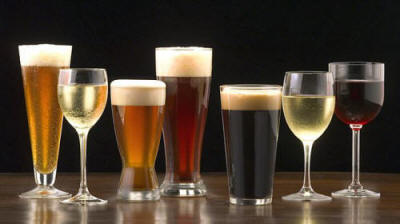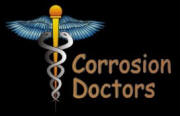Booze ( alcohol) and dreams
The myth that alcohol can support sleep is difficult to dispel, largely because there is some truth to it. As a central nervous system depressant, alcohol can reduce sleep onset latency, that is, it can help people fall asleep faster. But, as it is metabolized, alcohol triggers a compensatory adrenergic surge that significantly disrupts REM/dreaming. Alcohol consumed earlier in the evening and with food, for example, is less likely to influence REM/dreaming, while even a single drink taken as a nightcap might negatively affect REM/ dreaming. (reference)

Many people use alcohol to help them sleep. During the first part of the night it increases non-REM sleep (including deep sleep) and suppresses REM sleep (when most dreams occur). But as the blood alcohol level drops, the reverse happens: sleep is shallower and waking more frequent, which means more dream recall, and more REM sleep, leading to vivid dreams and nightmares. This poor sleep can then make you tired and want to repeat the drinking the next night. (reference) Drinking reduces the amount of time spent in REM sleep, and the number of dreams you will be able to recall. Even if you wake up and recall your dreams, you may be too tired write them in your dream log. However, if you have a chance to sleep in on the morning after you are drinking: You can take advantage of REM Rebound. What does this mean? Earlier in the night, when the alcohol is still in your system, you won’t have very much “dream sleep” (REM). After it has worn off, you will have much more longer and vivid dreams during your later REM sleep. (reference)
See also: Booze and dreams, Dreams and brain disorders, Dreams as a source of inspiration, Essential oils, Food and dreams, Neuroprotective agents, Sleeping brain, Sleep deprivation, Weed and dreams

Connect with us
Contact us today